Glycerol
About Glycerol
Glycerol belongs to a class of drugs called emollients used to moisturize dry, sensitive and itchy skin conditions, including eczema and dermatitis. Eczema is a skin condition that causes itchy, cracked, swollen, or rough skin.
Glycerol contains Glycerol, an emollient (softens and soothes skin) that works by retaining moisture deep within the skin. Thus, it moisturises and protects the skin.
Glycerol is for external use only. Some people may experience irritation, redness, burning or stinging sensation at the application site. These side effects do not require medical attention and gradually resolve over time. However, if the side effects persist or worsen, please consult a doctor.
If you are allergic to Glycerol, avoid using Glycerol. If you are pregnant or breastfeeding, please consult a doctor before using Glycerol. Also, consult a doctor before using Glycerol for children. Avoid direct contact of Glycerol with nose, mouth, eyes, or vagina as it may cause irritation. In case Glycerol comes in contact with these areas accidentally, rinse with water thoroughly. Do not swallow Glycerol. In case of accidental swallowing, seek medical attention immediately.
Uses of Glycerol
Medicinal Benefits
Glycerol contains Glycerol, an emollient (softens and soothes skin) used to moisturize dry, sensitive and itchy skin conditions, including eczema and dermatitis. It retains moisture deep within the skin. Thus, it moisturises and protects the skin.
Directions for Use
Storage
Side Effects of Glycerol
- Irritation, redness, burning or stinging sensation at the application site
Drug Warnings
If you are allergic to Glycerol, avoid using Glycerol. If you are pregnant or breastfeeding, please consult a doctor before using Glycerol. Also, consult a doctor before using Glycerol for children. Glycerol is for external use only. Avoid contact of Glycerol with nose, mouth, eyes, or vagina as it may cause irritation. In case Glycerol comes in contact with these areas accidentally, rinse with water thoroughly. Do not swallow Glycerol. In case of accidental swallowing, consult a doctor immediately.
Drug Interactions
Drug-Drug Interaction: No interactions found.
Drug-Food Interaction: No interactions found.
Drug-Disease Interaction: No interactions found.
Drug-Drug Interactions Checker List:
Safety Advice

Alcohol
not applicableNo interaction was found or established.

Pregnancy
consult your doctorGlycerol is generally safe to be used in pregnancy. However, please consult a doctor before using Glycerol if you are pregnant.

Breast Feeding
consult your doctorGlycerol is generally safe to be used in breastfeeding. However, please consult a doctor before using Glycerol if you are breastfeeding.

Driving
not applicableGlycerol usually does not affect your ability to drive or operate machinery.

Liver
not applicableGlycerol is usually safe to be used in liver conditions. However, if you have any concerns regarding the use of Glycerol in patients with liver problems, consult a doctor.

Kidney
not applicableGlycerol is usually safe to be used in kidney conditions. However, if you have any concerns regarding the use of Glycerol in patients with kidney problems, consult a doctor.

Children
consult your doctorLimited information is available. Therefore, please consult a doctor before using Glycerol for children.
Habit Forming
Diet & Lifestyle Advise
- Drink plenty of water as dry skin may be due to loss of water.
- Avoid hot showers or hot water to bathe to prevent the worsening of dry skin.
- Apply a suitable moisturizer immediately after taking a bath or shower when the skin is still damp.
Patients Concern
Disease/Condition Glossary
Eczema: It is a skin condition that causes itchy, cracked, swollen or rough skin. The symptoms include itchy and dry skin, bumps on the skin, rash on the arms or behind knees, swelling and scaly, leathery patches of skin. Avoid soaps and other irritants to reduce eczema. Certain ointments or creams may also relieve itching.
Dermatitis: Dermatitis is a general term that refers to a type of skin inflammation. It has several causes and manifestations, but the most common are itchy, dry skin and a rash. It may also cause the skin to blister, leak, crust, or peel off.
FAQs
Glycerol contains Glycerol, an emollient (softens and soothes skin) that works by retaining moisture deep within the skin. Thus, it moisturises and protects the skin.
Glycerol may cause irritation at the application site as a temporary side effect in some people. However, if the condition persists or worsens, please consult a doctor.
Glycerol can be used on the facial skin. However, if you notice any allergic reactions, please consult a doctor.








